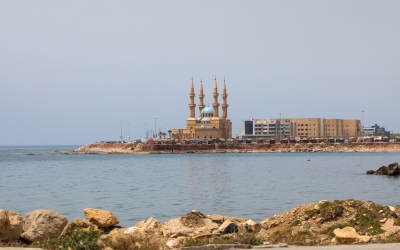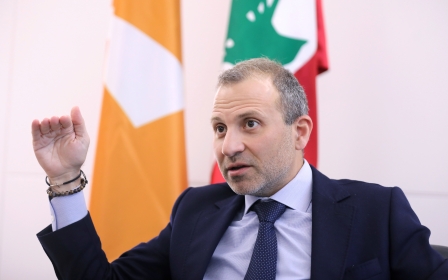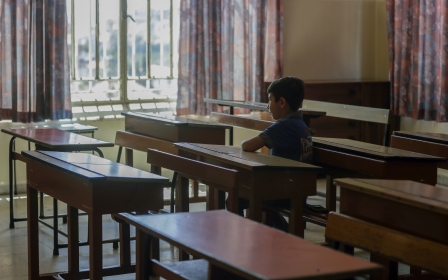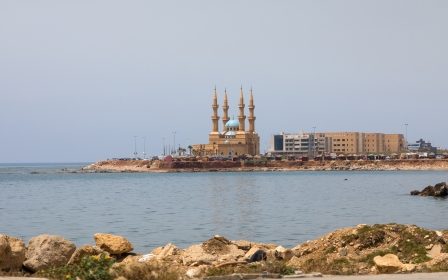Covid-19: Lebanon announces second lockdown after cases spike
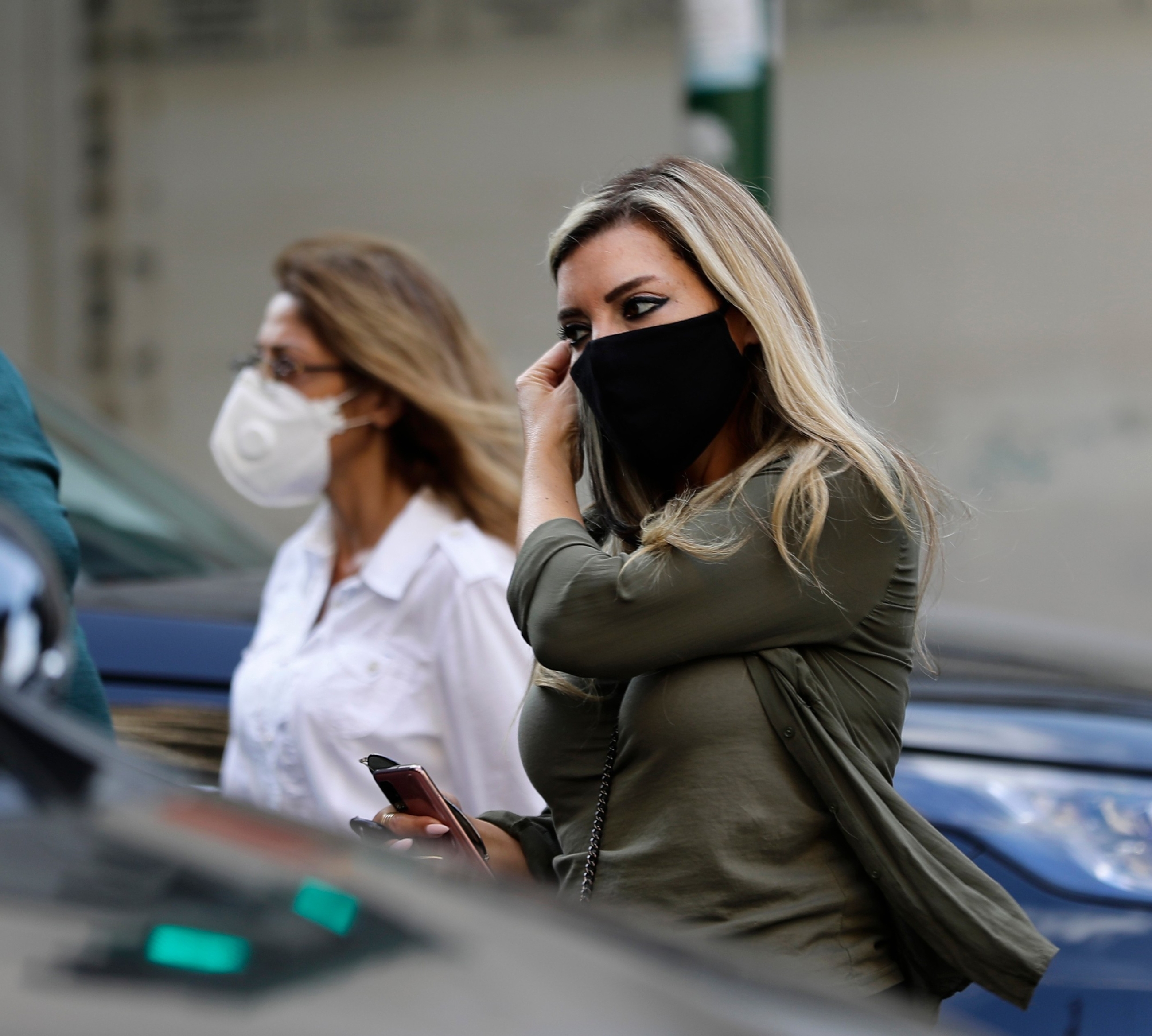
Lebanon will enter a second lockdown later this week in order to tackle the spread of the Covid-19 virus, amid an economic crisis and a political deadlock in forming a new government.
Caretaker Prime Minister Hassan Diab announced on Tuesday that Lebanon had reached "a stage of critical danger as private and public hospitals don't have the capacity to receive severe cases”.
Lebanon, a small Mediterranean country with an estimated population of 6.8 million, has recorded 732 deaths due to Covid-19 and 95,355 cases of infection since February.
Local media reported that Lebanon has surpassed the total number of cases of coronavirus reported in China, currently standing at around 91,000 - although methodology in counting cases varies from country to country.
Diab said that the two-week lockdown will start on Saturday and end on 30 November. However, vital industries, including the health sector and Beirut airport, will remain open.
New MEE newsletter: Jerusalem Dispatch
Sign up to get the latest insights and analysis on Israel-Palestine, alongside Turkey Unpacked and other MEE newsletters
According to Al-Akhbar newspaper, the Ministry of Tourism and businesses have objected to a second lockdown, but with cases spiking in the last few weeks, the government went ahead with the plan.
The death of a young doctor, 27-year-old Fardous Safwan, last week shocked the country. Safwan worked in Dar Al-Amal hospital in the northern Bekaa region, and contracted Covid-19 and then died in the intensive care unit.
Lebanon’s Ministry of Health has reported that almost 1,477 medical staff have contracted coronavirus.
Human Rights Watch has warned that any lockdown and stay-at-home order should be accompanied by food and cash aid.
"If Lebanon wants to avert a humanitarian disaster, it should ensure people can comply with public health measures without worrying about their next meal," the rights group told AFP.
Diad, who resigned after a devastating explosion in Beirut port on 4 August, said that the incident led Lebanon to "lose control" over Covid-19 pandemic.
Beirut's explosion killed almost 200 people, wounded at least 6,500 others - putting immense pressure on hospitals - and caused serious damage to thousands of homes.
Middle East Eye delivers independent and unrivalled coverage and analysis of the Middle East, North Africa and beyond. To learn more about republishing this content and the associated fees, please fill out this form. More about MEE can be found here.


